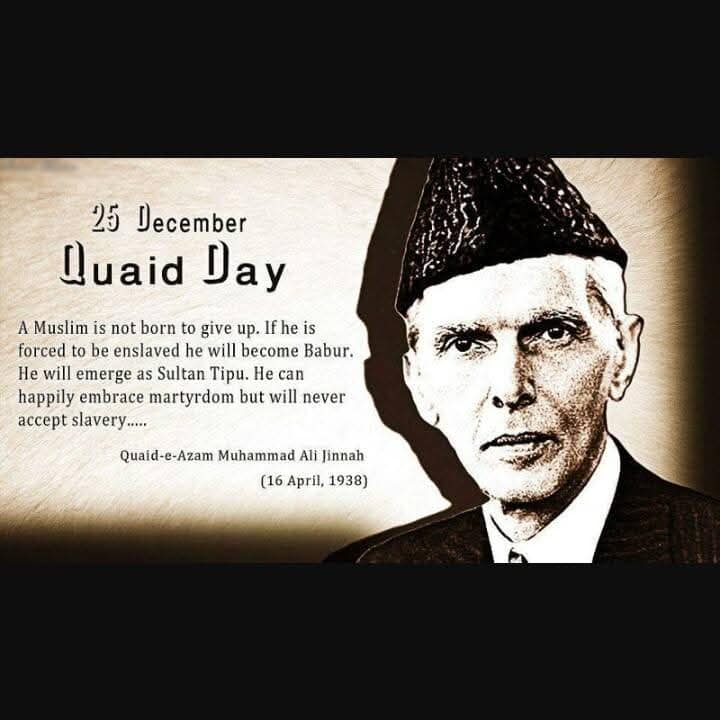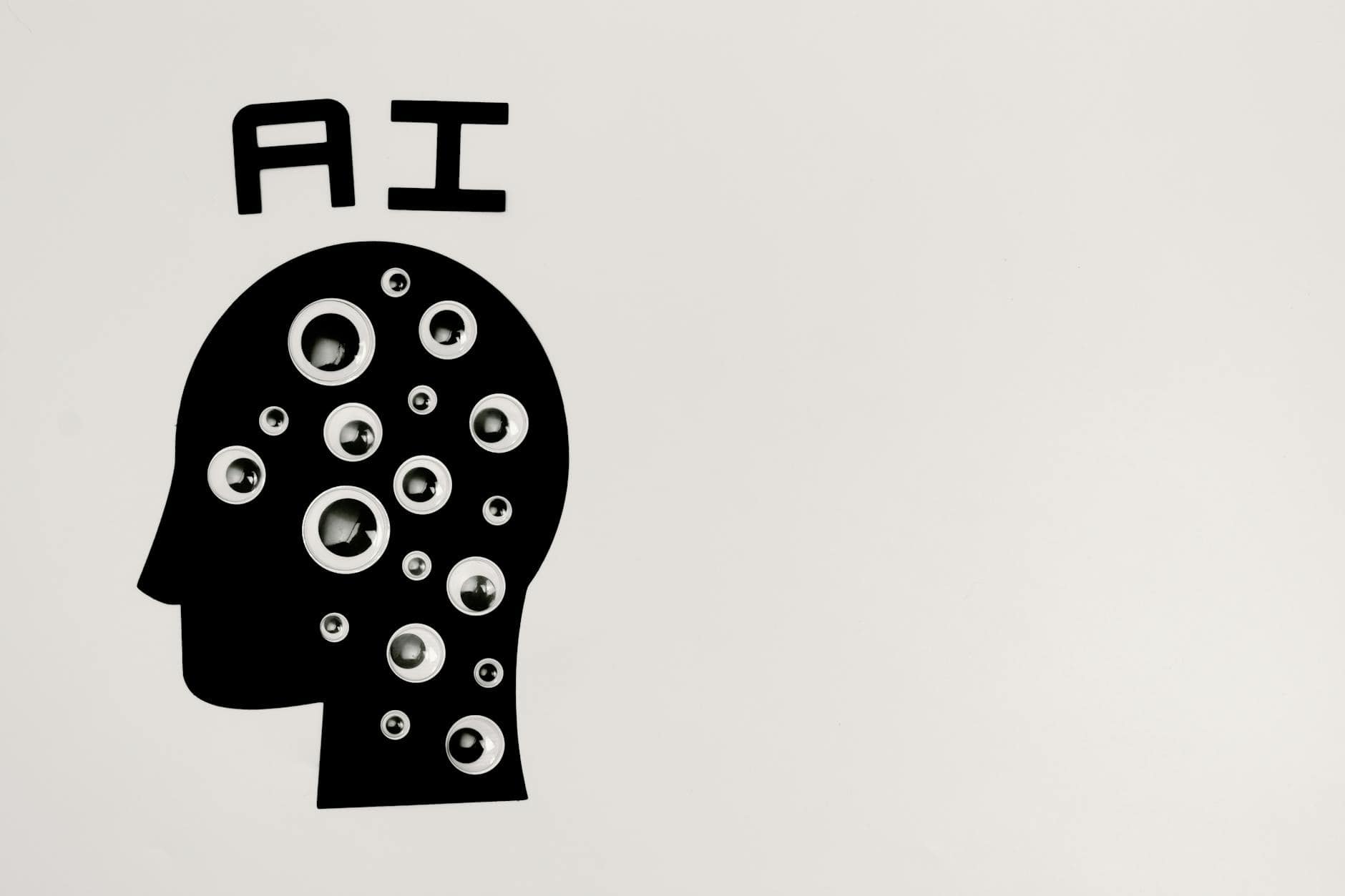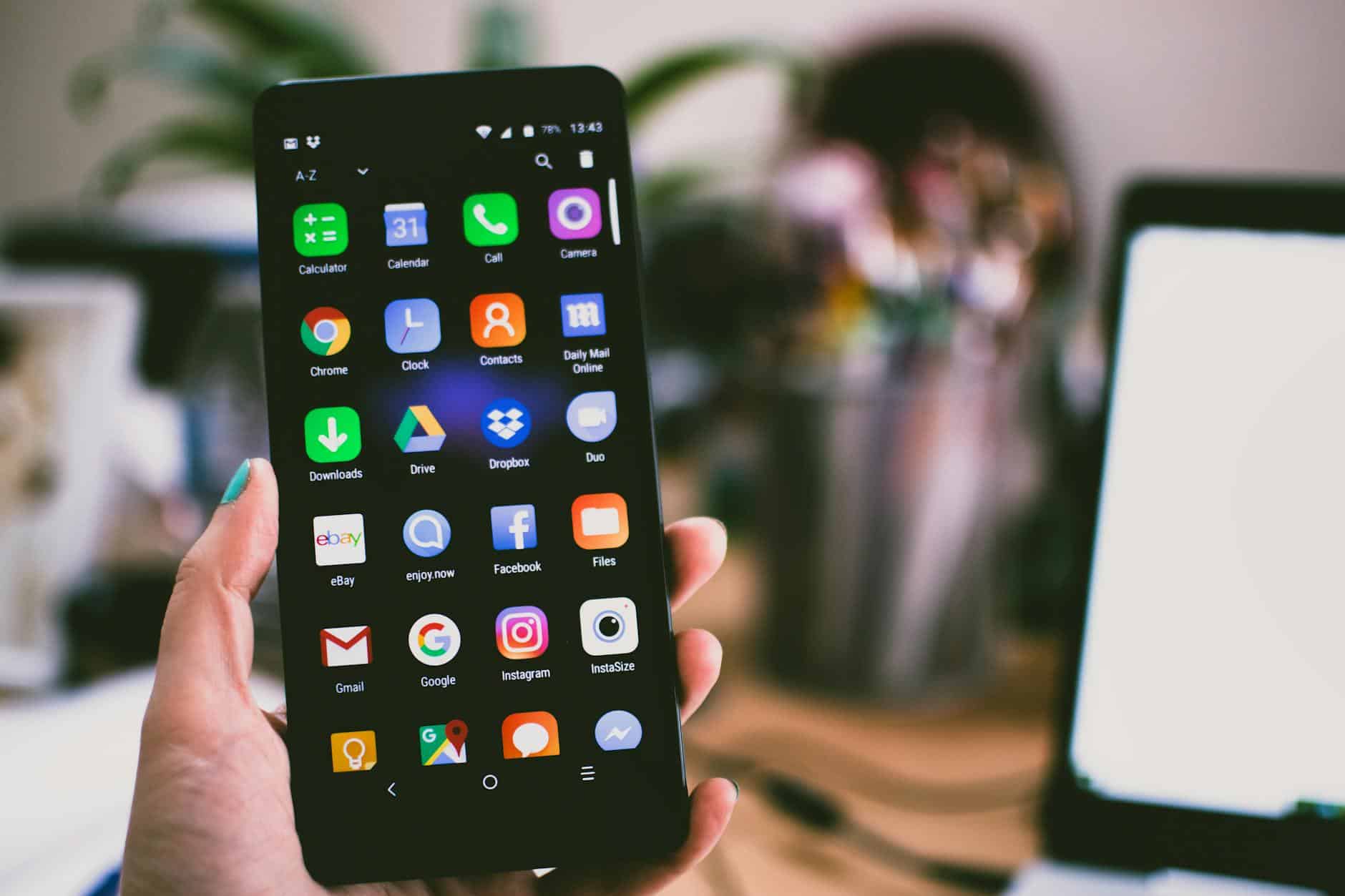Fasting for a Day to Experience Ramadan
Ramadan, the holiest month for Muslims worldwide, is a time of fasting, reflection, and community. While fasting is a religious obligation for Muslims, many non-Muslims have started to participate for a day. They want to understand the spiritual significance of going without food and water from dawn to sunset. They also seek to understand its personal significance.
Across the USA, a growing number of non-Muslims are choosing to fast alongside their Muslim friends, colleagues, and neighbors. From curiosity to solidarity, their experiences reveal what it truly feels like. They illuminate the journey through a day of self-restraint. They highlight the spiritual connection and the ultimate joy of Iftar.
Why Are Non-Muslims Choosing to Fast?

Many non-Muslims take part in fasting. They want to gain a deeper understanding of Ramadan. This helps them learn what their Muslim peers experience for an entire month. Their reasons include:
- Solidarity with Muslim friends and co-workers.
- Curiosity about the physical and mental effects of fasting.
- Appreciation of the discipline and self-control it requires.
- A way to explore spirituality and mindfulness.
Some workplaces, universities, and interfaith groups even organize fasting challenges, encouraging non-Muslims to try it for a day.
The Challenge of Fasting: A Non-Muslim’s Perspective
For those who have never fasted before, the experience can be both eye-opening and difficult. Ramadan fasting means no food or water from sunrise to sunset. This can be challenging, especially for those used to regular snacking and hydration.
Morning Sehri – A Tough Start
Many non-Muslims participating for the first time admit that waking up before dawn for Sehri. The pre-dawn meal is one of the hardest parts. A university student in New York, who joined his Muslim roommate for fasting, shared:
“Waking up at 4 AM to eat a full meal felt strange, but I knew I had to last the whole day. I stuffed myself with eggs, toast, and water, but by noon, I was already thinking about food.”
Despite the challenge, many appreciate the discipline it instills, realizing how often they eat out of habit rather than hunger.
The Long Hours Without Food and Water
The biggest struggle for first-time fasters is the thirst. Many say that while hunger comes and goes, going without water is the real challenge. A participant from Los Angeles, who fasted with her Muslim co-workers, said:
“By mid-afternoon, my mouth felt so dry, and I had a headache. It made me think about people who don’t have access to clean water daily. It was a humbling experience.”
Some also report feeling tired and less focused, especially if their day involves physical work or mental effort.
Iftar with a Muslim Family – The Moment of Joy
For many non-Muslims, the most memorable part of the fasting experience is breaking the fast at Iftar with a Muslim family. Sitting down for a meal after a long day of fasting is not just about eating—it’s a moment of gratitude, community, and reflection.
A non-Muslim journalist from Chicago, who fasted for a day and joined a Muslim family for Iftar, described it as:
“The warmth, the generosity, the feeling of unity—it was overwhelming. When we took that first bite of a date, I finally understood why Iftar is so special. It wasn’t just about food; it was about sharing a moment.”
Many participants note that the experience made them more appreciative of food and the importance of patience, gratitude, and generosity.
The Lessons Learned
Fasting for a day gave non-Muslims a newfound respect for those who fast for an entire month. Here are some of the key takeaways:
- Fasting is not just about hunger—it’s about self-control and discipline.
- It builds empathy for those who go without food regularly.
- It highlights the power of faith and dedication.
- The communal spirit of Ramadan is truly special.
Observing Ramadan fasting for a day is a powerful experience for non-Muslims. It fosters understanding, respect, and solidarity, bridging the gap between cultures and beliefs. While it may be challenging, the lessons in gratitude, patience, and mindfulness make it an unforgettable experience.















Learning
The website design looks great—clean, user-friendly, and visually appealing! It definitely has the potential to attract more visitors. Maybe adding even more engaging content (like interactive posts, videos, or expert insights) could take it to the next level. Keep up the good work!